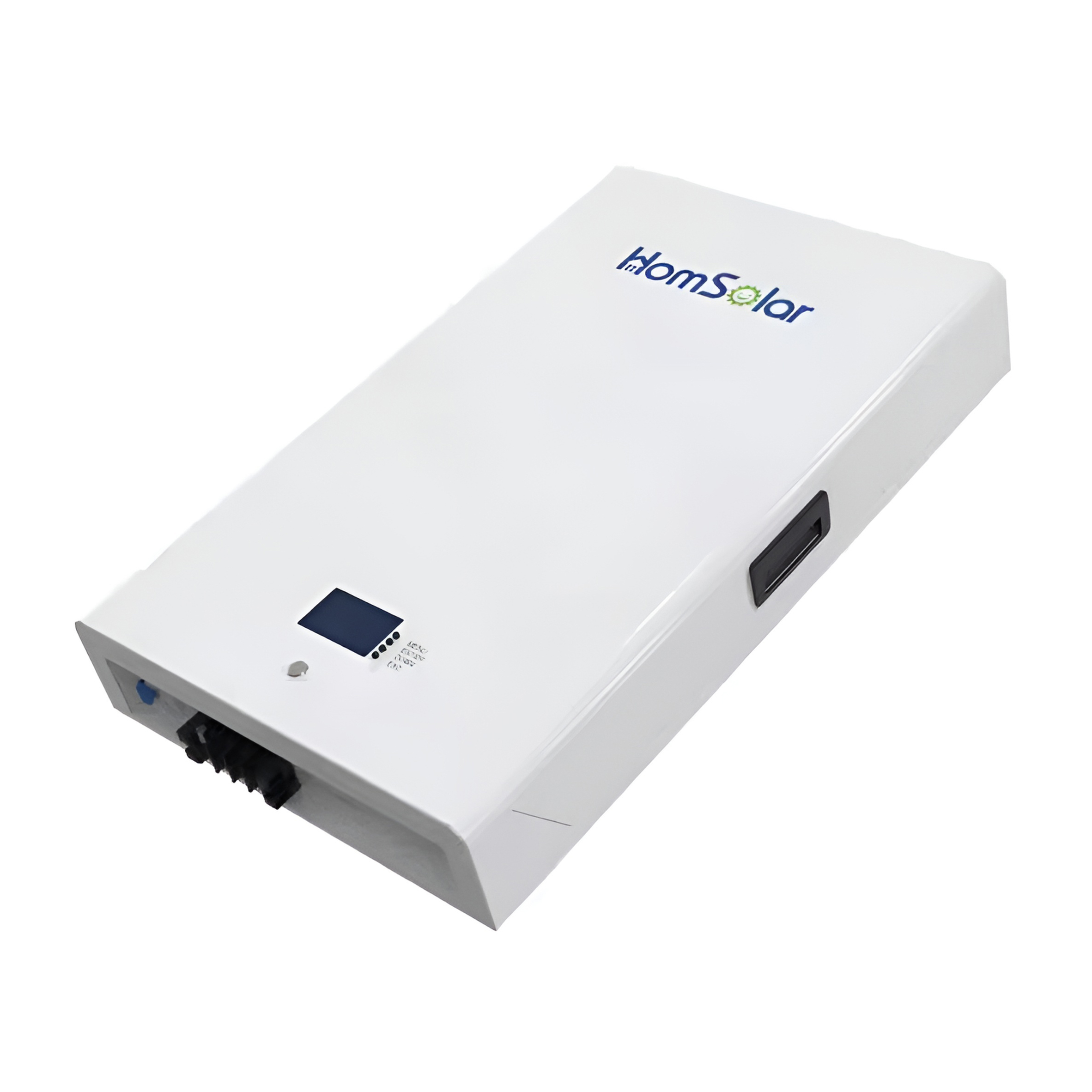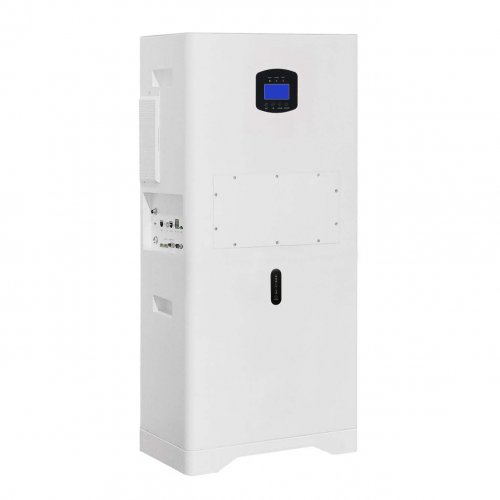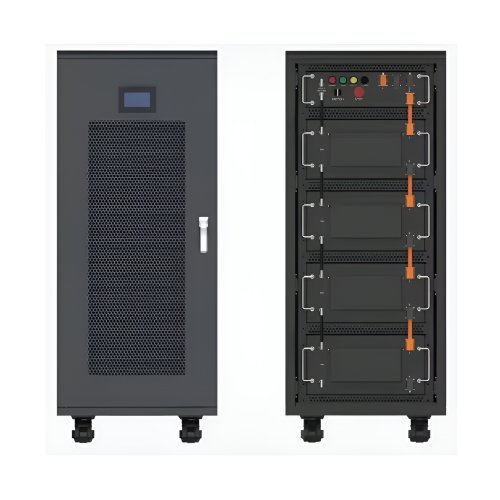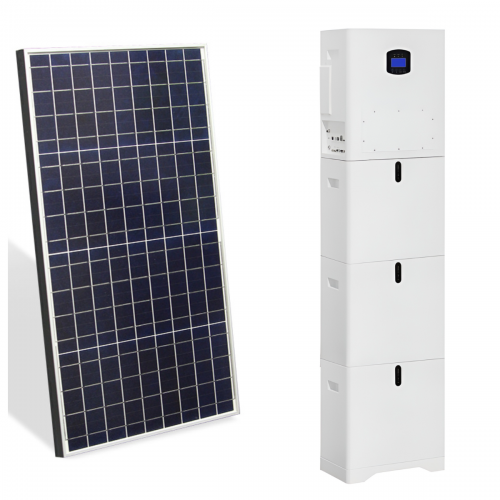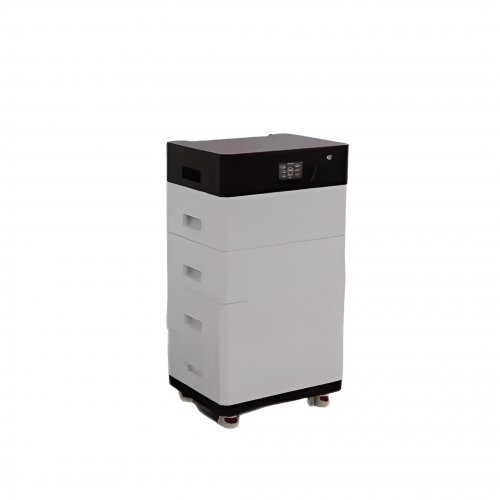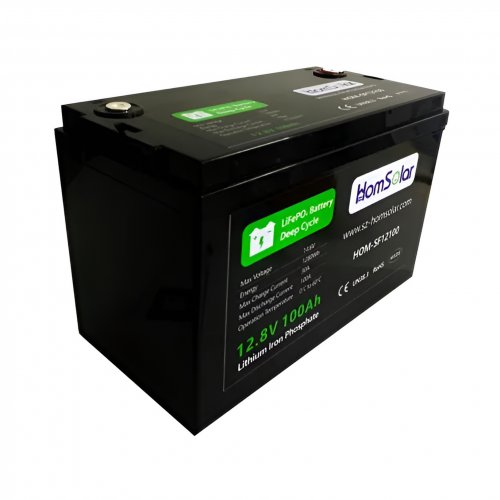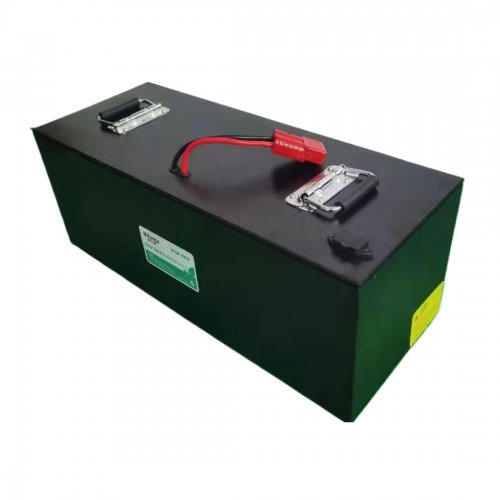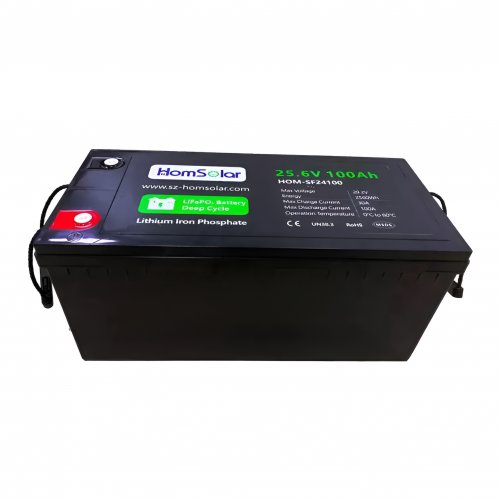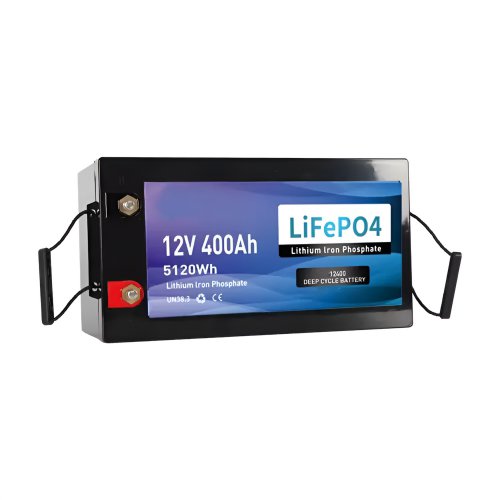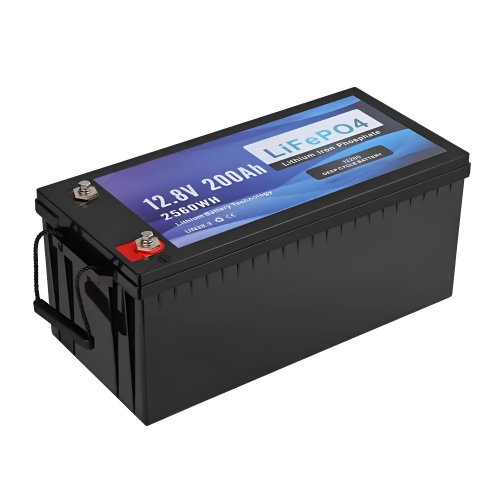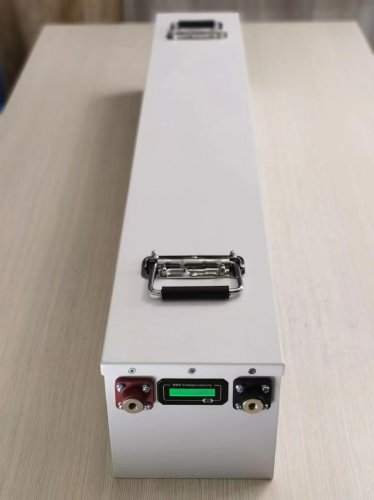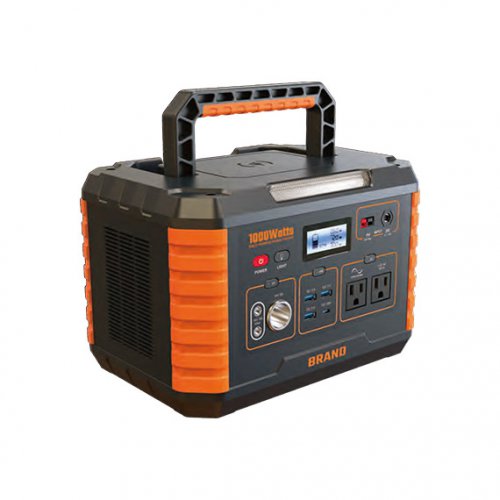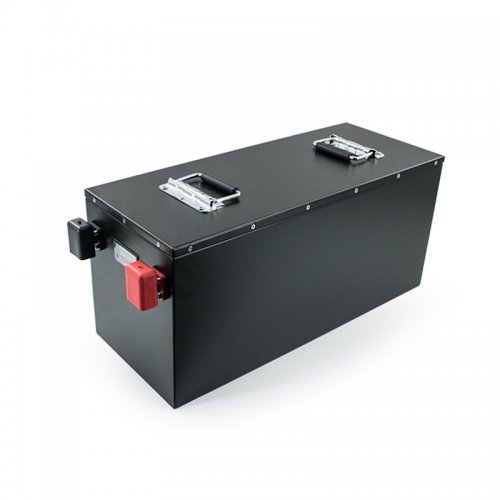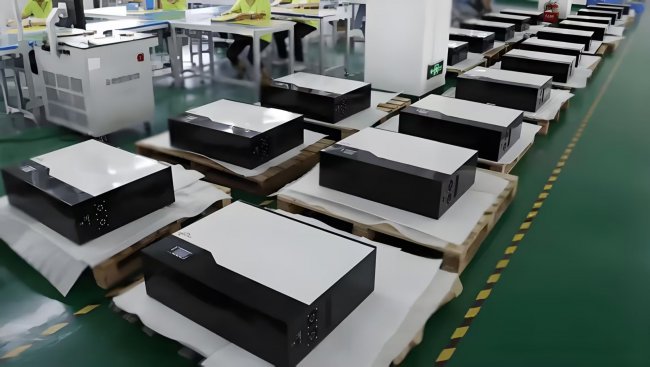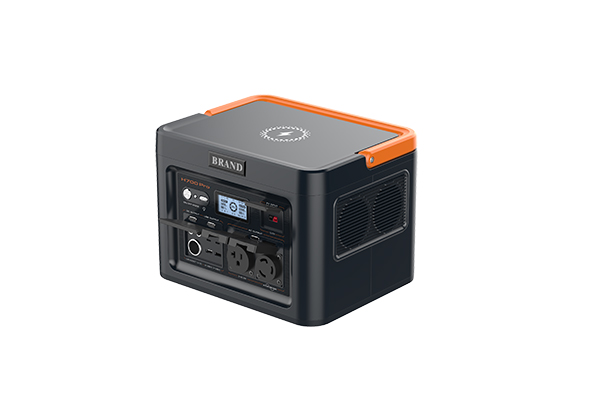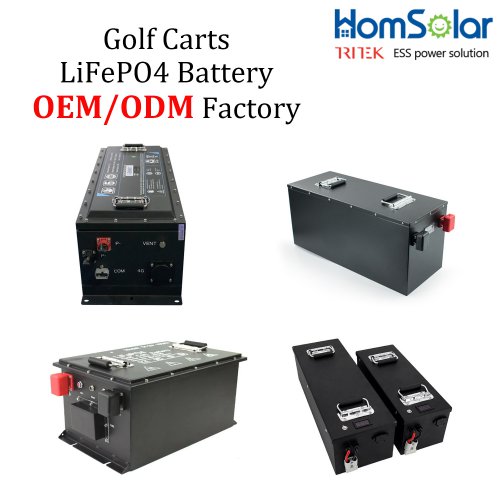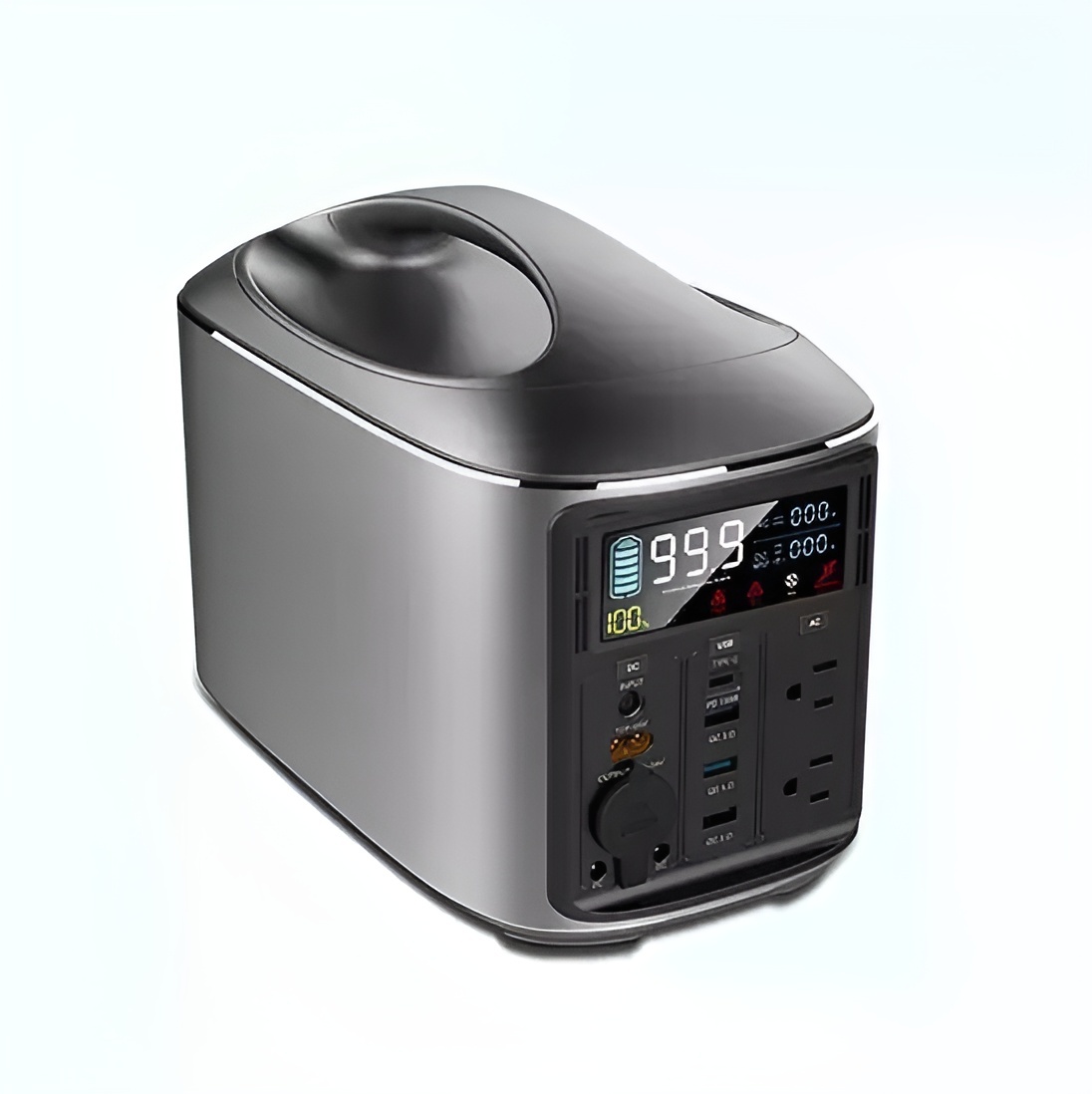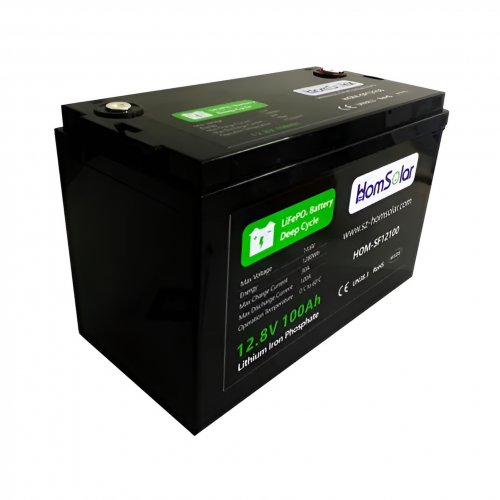Advances In Scalable Production: Integrating Ai, Modular Platforms, And Sustainable Processes
The pursuit of scalable production—the ability to efficiently and cost-effectively increase output without a proportional increase in costs or compromises in quality—has long been a central challenge in manufacturing, chemical engineering, and, more recently, in the fields of advanced materials and biologics. The paradigm is shifting from traditional scale-up, which often involves building larger, custom-designed reactors or production lines, to a more intelligent, flexible, and inherently scalable approach. Recent breakthroughs at the intersection of artificial intelligence, modular continuous processing, and sustainable chemistry are fundamentally redefining what is possible, paving the way for a new era of agile and responsive manufacturing.
The Rise of AI-Driven Process Intensification
A significant frontier in scalable production is the application of artificial intelligence and machine learning (ML) to optimize and intensify manufacturing processes. Traditional scale-up relies on empirical models and incremental testing, a time-consuming and often risky endeavor. AI is revolutionizing this by enabling predictive modeling and real-time optimization. For instance, researchers at the University of Cambridge have demonstrated the use of Bayesian optimization algorithms to autonomously control and maximize the output of a flow chemistry reactor for pharmaceutical synthesis. The AI system, by continuously analyzing reaction data, identified optimal conditions for yield and purity in a fraction of the time required by human operators (Schweidtmann et al., 2021). This "self-optimizing" plant is a precursor to fully autonomous production systems that can adapt to varying feedstock qualities or rapidly switch between product specifications, a key requirement for scalability in a volatile market.
Furthermore, ML algorithms are being integrated with high-throughput robotic experimentation platforms. In materials science, this combination allows for the rapid screening and synthesis of thousands of candidate materials, such as novel catalysts or battery electrolytes, while simultaneously collecting the vast datasets needed to train predictive models. This closed-loop system, where AI proposes experiments and robots execute them, dramatically accelerates the development of scalable synthesis routes from the laboratory bench to industrial production, effectively compressing the innovation timeline.
Modular and Continuous Manufacturing Platforms
The concept of modularity is another cornerstone of modern scalable production. Instead of constructing monolithic, single-product plants, the industry is moving toward modular, continuous systems that can be easily replicated or reconfigured. Continuous flow chemistry, as opposed to traditional batch processing, exemplifies this trend. In a flow reactor, chemical reactions occur in a continuously flowing stream, offering superior heat and mass transfer, enhanced safety, and more consistent product quality. The scalability is achieved through a strategy known as "numbering-up"—simply operating multiple identical reactor modules in parallel—rather than "scaling-up" by building a larger, often less efficient, vessel. This approach has been successfully deployed in the fine chemical and pharmaceutical industries, as documented by researchers from MIT, who highlighted its potential for the distributed production of essential medicines (Cole et al., 2020).
This principle is now being extended to complex biologics and cell-based products. In biomanufacturing, the development of integrated continuous bioprocessing (ICB) represents a monumental leap. Traditional batch fermentation or cell culture processes are being replaced by continuous systems where cells and nutrients are constantly fed into a bioreactor, and the product is continuously harvested. A recent study published inNature Biotechnologydetailed a fully continuous pilot plant for monoclonal antibody production that achieved a 10-fold reduction in production footprint and a significant increase in productivity per unit volume compared to standard batch systems (Yang et al., 2022). The modular nature of such systems allows biomanufacturing capacity to be scaled elastically to meet demand, a critical advantage for producing personalized therapies or responding to pandemic-scale vaccine needs.
Sustainable and Circular Production Systems
Scalability in the 21st century is inextricably linked with sustainability. A process that is not environmentally sustainable cannot be considered truly scalable in the long term. Consequently, research is intensely focused on developing production methods that minimize waste and energy consumption. Electrochemical synthesis, powered by renewable electricity, is emerging as a powerful tool for the scalable and green production of chemicals. For example, the electrochemical conversion of carbon dioxide (CO2) into value-added products like ethylene or formic acid is a rapidly advancing field. Recent breakthroughs in catalyst design, such as the use of oxide-derived copper nanostructures, have significantly improved the selectivity and efficiency of these reactions, bringing them closer to commercial viability (Nitopi et al., 2019). By utilizing CO2 as a feedstock, these processes not only provide a scalable route to chemicals but also contribute to closing the carbon cycle.
Similarly, the adoption of circular economy principles is being engineered into production systems from the ground up. Advanced recycling technologies, particularly chemical recycling of plastics, aim to create a scalable loop for polymer production. Innovations in catalytic pyrolysis and depolymerization can break down mixed plastic waste into their original monomers, which can then be repurposed to create virgin-quality plastics. This creates a truly scalable and sustainable production model that decouples plastic manufacturing from fossil fuel consumption and mitigates plastic pollution.
Future Outlook and Challenges
The future of scalable production lies in the deeper integration of these disruptive technologies. We are moving towards "smart" modular plants where AI not only optimizes individual unit operations but also manages the entire production network, predicting maintenance needs, dynamically allocating resources, and minimizing energy use across a distributed manufacturing grid. Digital twin technology—a virtual, dynamic replica of a physical production system—will be crucial, allowing for real-time simulation and optimization before any changes are made in the real world.
However, significant challenges remain. The high initial capital investment for advanced continuous systems can be a barrier. There is also a critical need for a skilled workforce capable of operating and maintaining these complex, integrated systems. Standardization of modular components and communication protocols (e.g., via Industry 4.0 standards) is essential to ensure interoperability and foster a vibrant ecosystem of technology providers.
In conclusion, the field of scalable production is undergoing a profound transformation. The convergence of AI-driven optimization, modular continuous platforms, and sustainable process design is creating a new paradigm where manufacturing is not only more efficient and responsive but also more adaptable and environmentally responsible. As these technologies mature and converge, they promise to unlock unprecedented levels of productivity and customization, heralding a future where production capacity can be seamlessly dialed up or down to meet the evolving needs of society.
References:Cole, K. P., et al. (2020). A Holistic View of Continuous Processing in Pharmaceutical Development and Manufacturing.Annual Review of Chemical and Biomolecular Engineering, 11, 1-24.Nitopi, S., et al. (2019). Progress and Perspectives of Electrochemical CO2 Reduction on Copper in Aqueous Electrolyte.Chemical Reviews, 119(12), 7610-7672.Schweidtmann, A. M., et al. (2021). Machine Learning in Chemical Process Engineering: A Perspective.Chemie Ingenieur Technik, 93(12), 2029-2039.Yang, W. C., et al. (2022). Integrated continuous bioprocessing: A path towards efficient and agile biomanufacturing.Nature Biotechnology, 40(7), 1027-1038.
Customized/OEM/ODM Service
HomSolar Supports Lifepo4 battery pack customization/OEM/ODM service, welcome to contact us and tell us your needs.


HomSolar: Your One-stop LiFePO4 Battery Pack & ESS Solution Manufacturer
Our line of LiFePO4 (LFP) batteries offer a solution to demanding applications that require a lighter weight, longer life, and higher capacity battery. Features include advanced battery management systems (BMS), Bluetooth® communication and active intelligent monitoring.

Customised Lithium Iron Phosphate Battery Casing
ABS plastic housing, aluminium housing, stainless steel housing and iron housing are available, and can also be designed and customised according to your needs.

HomSolar Smart BMS
Intelligent Battery Management System for HomSolar Energy Storage System. Bluetooth, temperature sensor, LCD display, CAN interface, UART interface also available.


Terminals & Plugs Can Be Customized
A wide range of terminals and plugs can be customised to suit the application needs of your battery products.

Well-designed Solutions for Energy Storage Systems
We will design the perfect energy storage system solution according to your needs, so that you can easily solve the specific industry applications of battery products.



About Our Battery Cells
Our energy storage system products use brand new grade A LiFePO4 cells with a battery lifespan of more than 4,000 charge/discharge cycles.



Applications in Different Industries
We supply customized & OEM battery pack, assemble cells with wiring, fuse and plastic cover, all the cell wires connected to PCB plug or built BMS.
Applications: E-bike, Electric Scooter, Golf Carts, RV, Electric Wheelchair, Electric Tools, Robot Cleaner, Robot Sweeper, Solar Energy Storage System, Emergency Light, Solar Power Light, Medical Equipment, UPS Backup Power Supply.
We can provide you with customized services. We have the ability to provide a vertical supply chain, from single cells to pack/module and to a complete power solution with BMS, etc.


HomSolar (Shenzhen) Technology Co., Ltd







